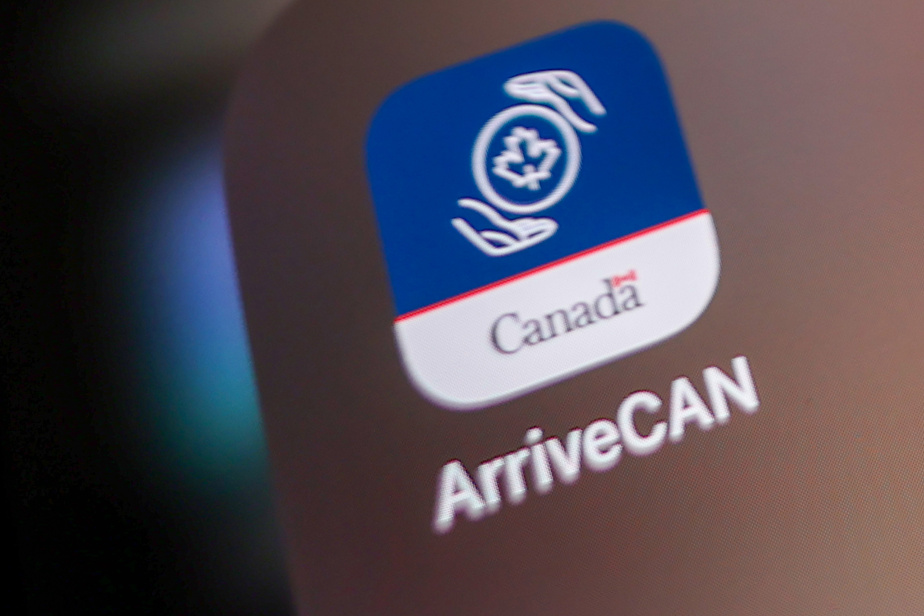(Ottawa) The official responsible for technology in Canada, Minh Doan, defended Wednesday for having deleted thousands of emails in the wake of the financial fiasco surrounding ArriveCAN. He also maintained that he had not made the decision to retain the services of GC Strategies, the firm of two partners, which obtained the lion’s share of the contracts for the development of the application.
“I have never spoken on the phone with GC Strategies,” he said, taking care to point out that other officials had had hundreds of calls with the firm. “I have not participated in events with GC Strategies and I have not been invited to these types of events,” he added.
He then indicated that it was Antonio Utano, one of his former employees when he worked for the Border Services Agency (CBSA), who had selected the firm. Mr. Utano is one of two officials suspended along with Cameron MacDonald in the wake of this scandal. They were involved in the contracts awarded to GC Strategies for the development of ArriveCAN and had participated in a whiskey tasting evening organized by the firm, according to another witness.
During their testimony before a parliamentary committee in February, they instead placed the blame on Mr. Doan, who at the time held the role of vice-president and chief information officer at the CBSA. Instead, he blames members of his former work team for hiding information from him.
Mr. Doan was testifying for the third time to the House of Commons Government Operations Committee since last year. He answered questions from parliamentarians for three hours, interspersed with breaks due to his heart problems.
He denied intentionally deleting emails to hide evidence. “That’s not true,” he said, before launching into a lengthy explanation that files were corrupted when he tried to transfer them from his old work computer to a new device. Copies of the emails are believed to still exist on government servers.
“It’s expressing my level of frustration after working so hard for two years and coming here and being questioned […] and [being] told that it’s a useless application,” he said. answered without giving names.
Unsatisfied after trying to push him, Conservative MP Garnett Genuis grew impatient and tabled a motion that could have potentially led to the witness also having to explain himself in the bar of the House of Commons. This rare procedure was used in April for the first time since 1913 to force Kristian Firth, a partner in GC Strategies, to provide information he had previously withheld from elected officials. The motion was defeated by Liberal, Bloc and NDP MPs at committee.
The development of the ArriveCAN application during the pandemic was subject to numerous cost overruns. The bill ended up being almost $60 million, according to the Auditor General. Its initial version had a total budget of $80,000.




